Resources
Page 6 of 10
Where Business and Nutrition Meet: Review of Approaches and Evidence on Private Sector Engagement in Nutrition
The United Kingdom’s Department for International Development (DFID) encourages private sector investment in strengthening ‘national and global food systems to make nutritious diets more affordable and accessible to the poor, in particular for women, adolescent girls and children’ and in ‘healthier and more productive workforces […] as part of […] responsible and sustainable growth strategies’ […]
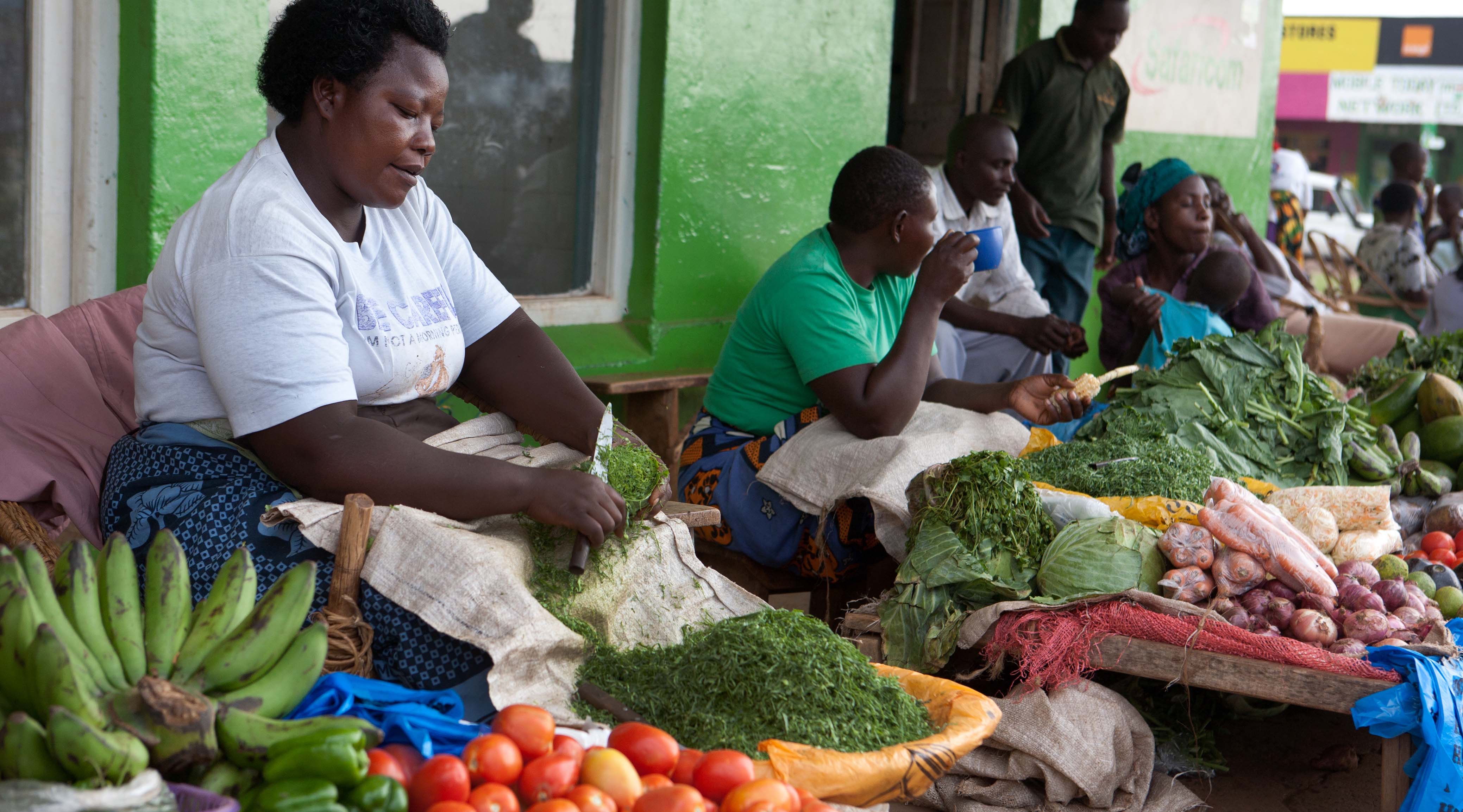
June 15, 2018
Technical Brief: Overweight and Obesity in Low- and Middle-Income Countries
In 2015, Maximising the Quality of Scaling Up Nutrition (MQSUN) conducted a targeted review of the current research on maternal and child overweight and obesity to understand the current situation in low- and middle-income countries (LMIC); identify recent trends and context-specific risk factors to better understand how to prevent overweight and obesity; and to identify […]

June 10, 2018
Technical Brief: Urbanisation and Nutrition in Low- and Middle-Income Countries
In 2015, Maximising the Quality of Scaling Up Nutrition (MQSUN) provided support to the United Kingdom’s Department for International Development (DFID) to review the current scale of urbanisation and nutrition in low- and middle-income countries (LMIC) and the predicted trends up to 2030, to appraise what works in urban settings and how this context differs […]
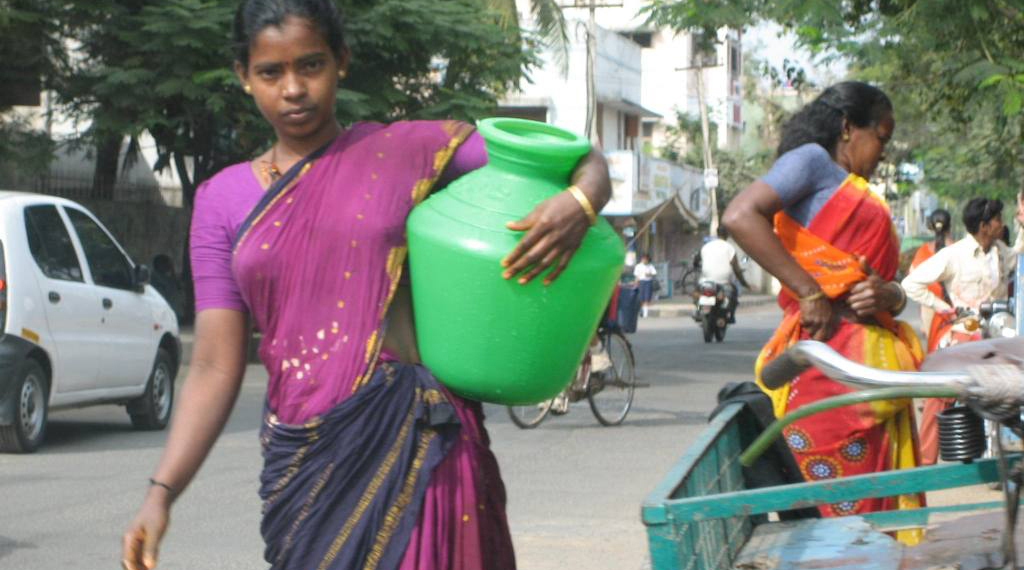
DFID’s Aid Spending for Nutrition 2016
The report expands on previous reports that looked at United Kingdom’s Department for International Development’s (DFID) investments between 2010 and 2015, and uses the Scaling Up Nutrition (SUN) Movement’s agreed methodology. Key Findings DFID disbursed US$805 million of nutrition-related official development assistance (ODA or aid) to developing countries in 2016: US$693 million on nutrition-sensitive interventions and US$111 […]
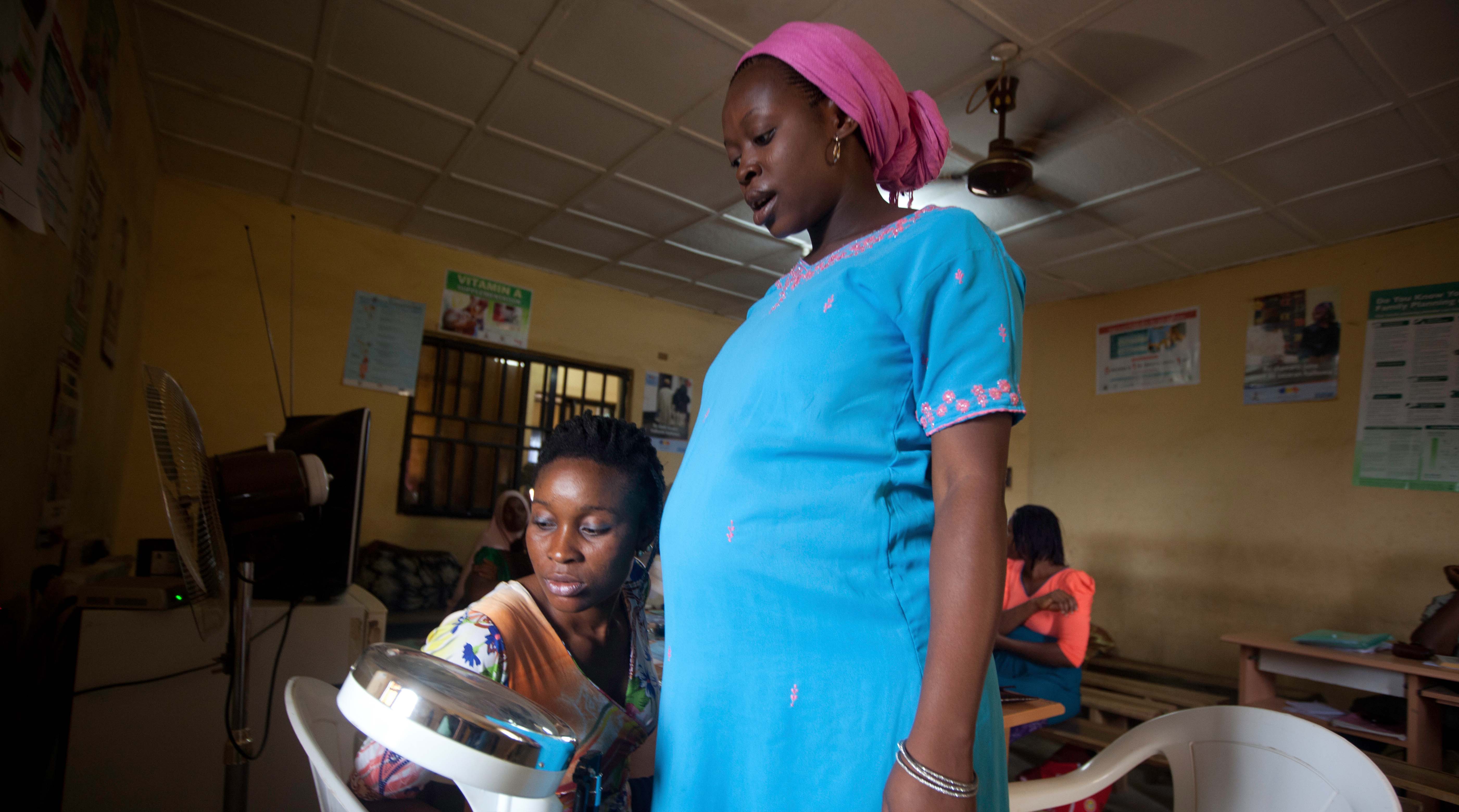
May 25, 2018
GUIDANCE NOTE: Subnational Budget Analysis for Scaling Up Nutrition
The Scaling Up Nutrition (SUN) Movement’s 2013 State of the SUN Movement Progress Report outlined the importance of resource availability for meeting nutrition goals and the challenges of tracking financing. Following the publication of this report, SUN countries committed to improving financial tracking of resources for nutrition. This has focused primarily on the national level; […]
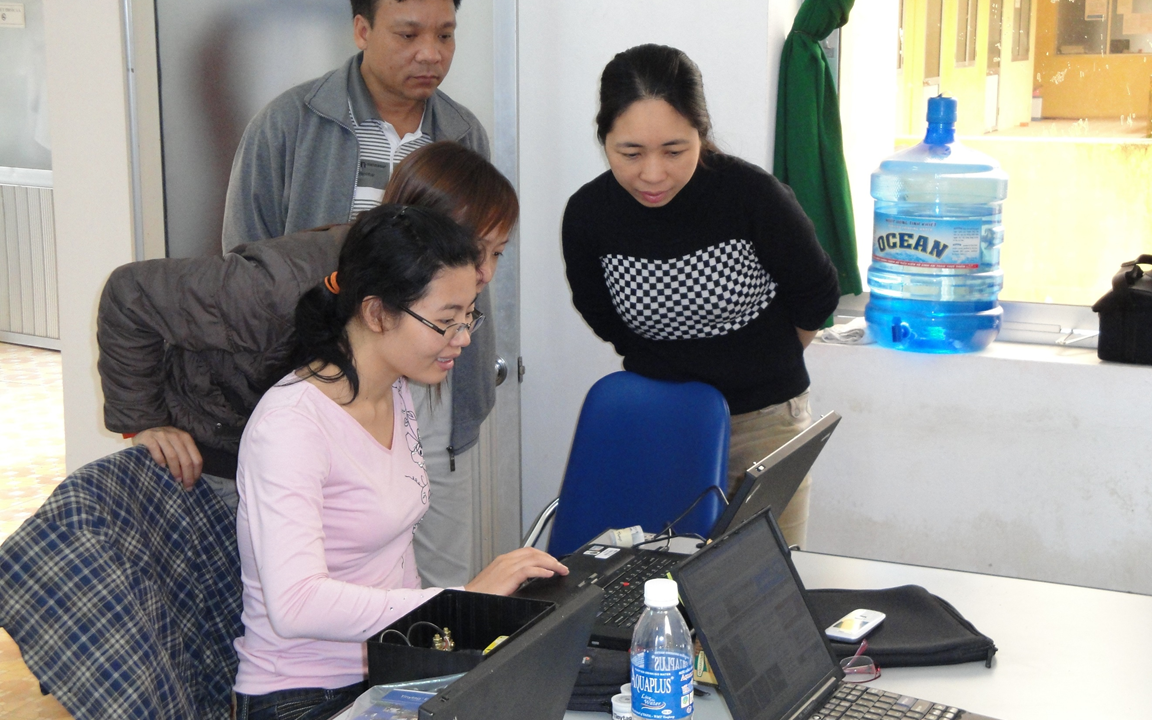
April 16, 2018
Subnational Budget Analysis for Scaling Up Nutrition: An overview of subnational government financing in SUN countries
Scaling Up Nutrition (SUN) countries have been conducting national government budgetary expenditure analysis of nutrition-specific (e.g., school feeding programmes) and nutrition-sensitive (e.g., water and sanitation projects) investments. As of 2016, 47 countries have reported conducting the analysis, with 22 carrying it out more than once. This analysis has proven to be invaluable at both the […]

Constraints and Complexities of Information and Analysis: Data Planning in Famine-risk Countries
This report was commissioned by the United Kingdom’s Department for International Development (DFID) to identify critical short-term gaps in data availability or quality that might be addressed by timely donor action. Between July 2017 and January 2018, a study team comprised of members from Tufts University’s Feinstein International Centre and Centre for Humanitarian Change conducted interviews with Integrated Phase Classification (IPC) […]

March 10, 2018
Improving Multisectoral Nutrition Through Targeted Technical Assistance: Pakistan
Pakistan has experienced inconsistent advocacy and political ownership for multisectoral nutrition, which has resulted in a weak enabling environment. As well, challenges with decentralisation and low capacity of government staff have exacerbated the situation—making it even more complex to coordinate, manage and monitor the nutrition response within provinces. Maximising the Quality of Scaling Up Nutrition […]
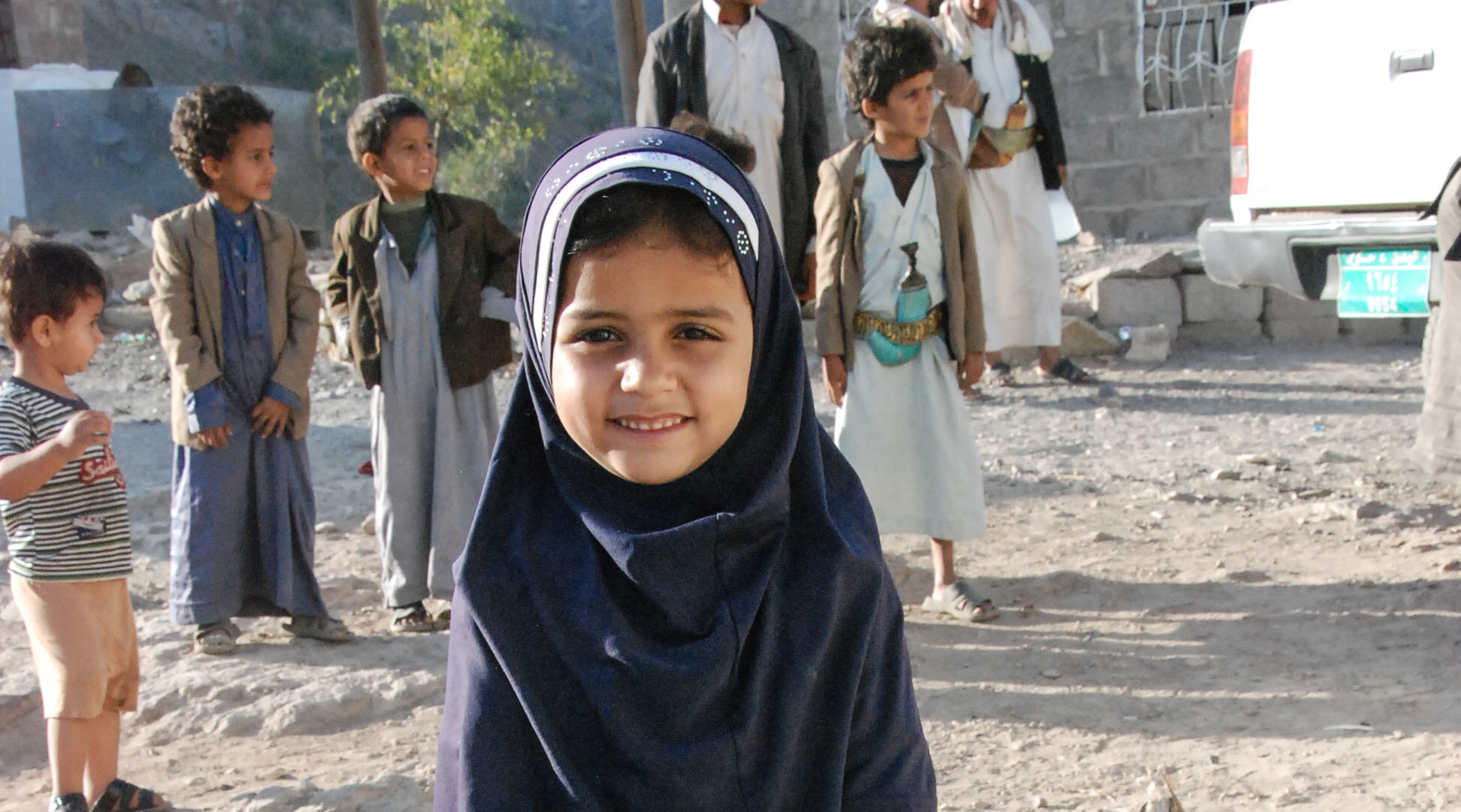
The Aetiology of Wasting
This report, prepared by the Emergency Nutrition Network (ENN), provides a summary of the current state of thinking on wasting prevention. It explores what is known about the physiology of wasting and the causes, predispositions and pathways that lead to the condition (its aetiology). The report focuses on the period of conception to five years of […]

February 16, 2018
Improving Multisectoral Nutrition through Targeted Technical Assistance: Bangladesh
Bangladesh has had difficulty aligning nutrition programming with context-specific underlying causes of malnutrition and scaling up high-quality nutrition services through uncoordinated governance structures at all levels. Maximising the Quality of Scaling Up Nutrition (MQSUN) provided a range of technical assistance to the United Kingdom’s Department for International Development (DFID) and the Bangladeshi government between 2011 and 2016 […]
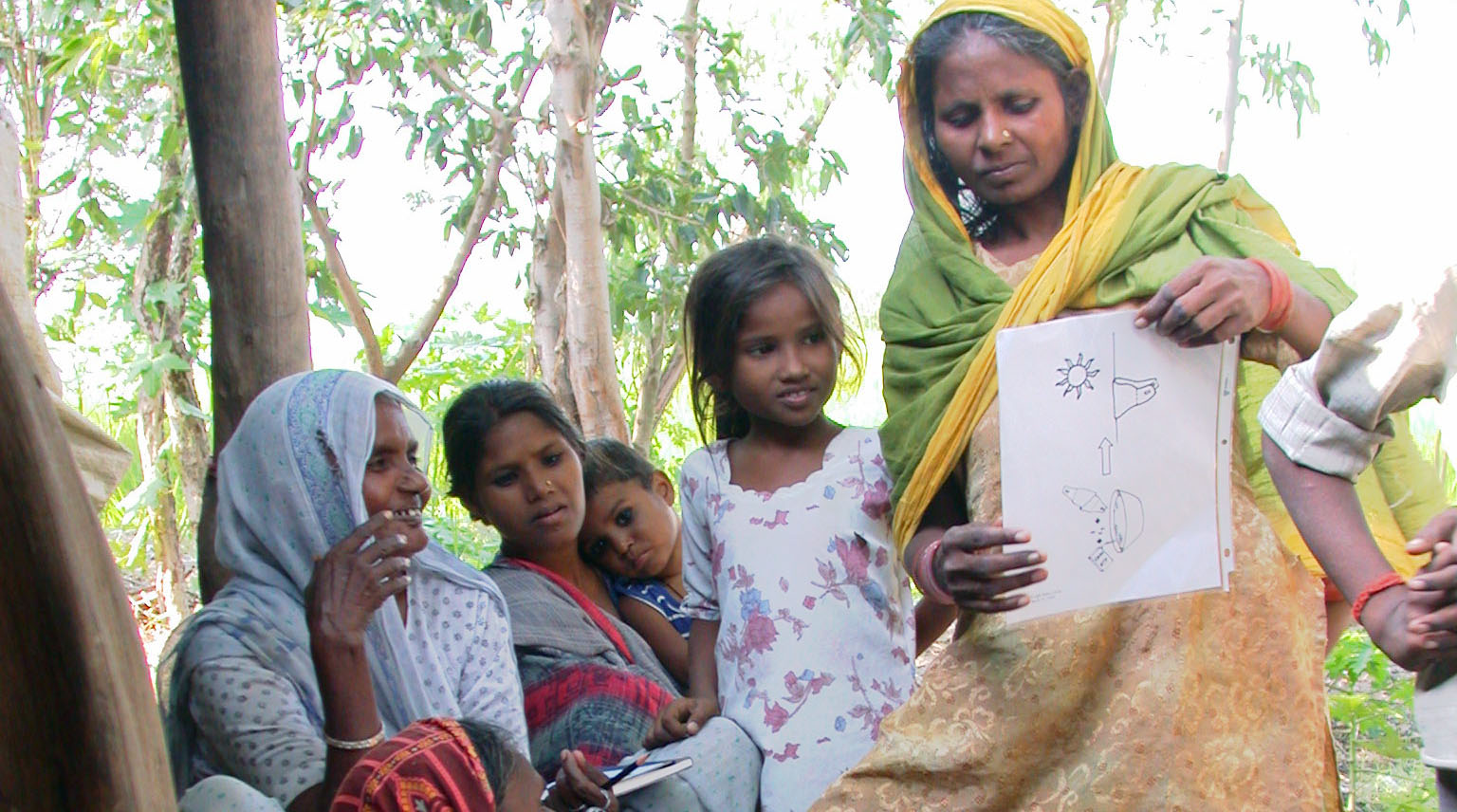
February 10, 2018
Page 6 of 10

